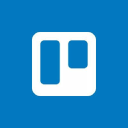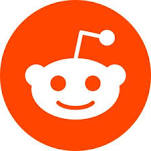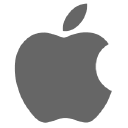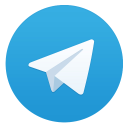How We Achieved 500% User Growth In Our First Month [Task Management App]
Hello! Who are you and what business did you start?
Hi all! My name is Grant Oganyan, and I am the founder of Finale To Do - a mobile task management app that helps you organize everything in life.
The mobile productivity market is full of various applications, none of which are perfect. Some are overpriced, some are limited, and some are just featureless.
Meanwhile, Finale To Do stands out from the crowd by offering a highly customizable, flexible, and aesthetically pleasing experience, while breaking the norm of charging monthly subscriptions. We want to own software, not rent it.
Of course, we are far from reaching the levels of highly established productivity applications, but our growth in the first months showed a promising trajectory!
Our user base grew over 500% just in the first month, and so far we’ve received great feedback from the audience. Finale To Do is netting around $4,000 per month, and we’re hoping to grow to $10,000 in less than half a year.




































